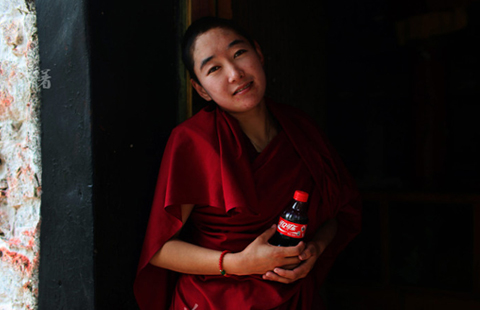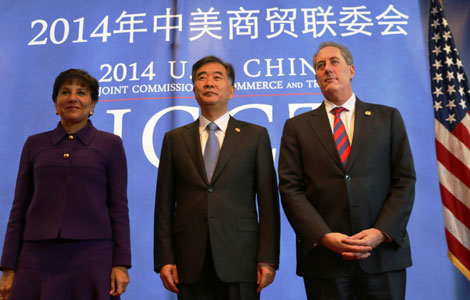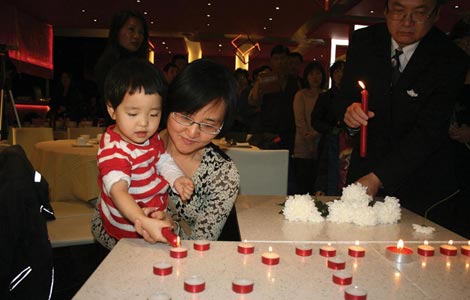From community activist to the political arena
Updated: 2014-10-10 06:44
By AMY HE in New York(China Daily USA)
|
||||||||
|
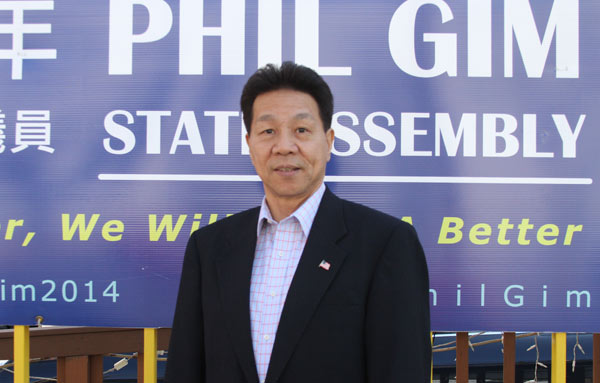 |
|
Longtime Chinatown resident and community activist Phil Gim is the Republican candidate for the upcoming election for District 40 in the New York State Assembly race. Amy he / China Daily |
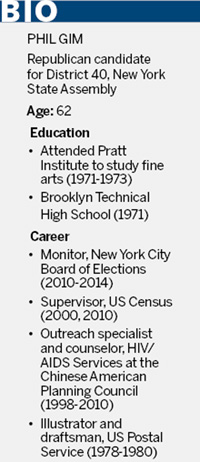 |
When Phil Gim and his family moved to New York in the 1960s, they lived in an apartment in Chinatown on East Broadway, next to the Manhattan Bridge. The train would pass noisily over the bridge every 10 minutes, something Gim and his family couldn't get used to at first.
After about a month, it became a steady part of their lives for the next 20 years as the family lived and worked in Chinatown.
Gim said he was a "Chinatown kid" through and through - growing up in the neighborhood before eventually moving to Flushing, Queens, home of another boisterous Chinatown in a district he is hoping to represent in the New York State Assembly.
The position, representative of the new 40th State Assembly District, is one that he sees as a culmination of a life spent serving the Chinese community in New York. Politics became a natural extension of his community efforts, and he concluded that to have a say in American society as a minority, holding office is key.
"I never wanted to be in politics," said Gim, 62. "But as the years went by, I realized that if you are to gain any foothold, if you wanted to make sure that what had happened years ago - like discrimination - is not going to keep happening forever, you have to get a foothold in politics."
As much as it was a natural next step, Gim's foray into politics was unintentional.
Born in 1952 in China's Guangdong province, Gim moved to Hong Kong as a child and lived there for eight years before his family immigrated to the US when he was 10. Gim's family landed in Fort Pierce, Florida, and worked on a farm. Gim helped out at a restaurant managed by his cousin.
The family eventually moved to New York City, and Gim spent his teen years at Brooklyn Technical before going to college at Pratt Institute for fine arts, despite his parents' wishes that he be an engineer. He never finished his education at Pratt, believing that a degree in fine arts wasn't necessary to pursue an artistic career.
"I wanted to help my family, basically," he said. "My mother and father, they didn't speak English. My mother worked in sweatshops as a seamstress. My father always worked late in Chinatown. He worked at a grocery store, then he worked at the counter in a coffee shop," Gim said.
Gim wanted to earn money and left school in his third year when he was able to get freelance graphics work.
Gim also had a bit of a rebel spirit, deciding that he wanted to be his own boss and own his own business. He was dating a woman then, Lucy - who later became his wife - who had a friend in Los Angeles who needed help running a hotel. Gim and Lucy moved to the West Coast, a place that was new and offered a more adventurous job than the one Gim had as an illustrator for the US Postal Service.
After the couple's three years in Los Angeles, they headed back east. Gim eventually started a travel agency in New York that catered to Asian tourists.
"I started out wanting to be an engineer, so this was all crazy," he said. "I ran the whole gamut in terms of career decisions."
Gim changed course again after a tragedy. His mother-in-law was shot to death in a robbery attempt at a restaurant she owned and managed in the Bronx. Gim and his wife took over the business and ran it for nearly two decades, serving an Italian and Irish working-class community in the borough, before deciding that working in the restaurant cut too much into their family life. The couple wanted to spend more time watching their two daughters grow up.
After leaving the restaurant business at the end of the 1990s, Gim started to work directly with the Chinese community in a variety of roles: as a supervisor helping with the 2000 and 2010 Census; as an HIV/AIDS outreach member at the Chinese-American Planning Council; and along with his wife, helping with Chinese immigrants who needed help in translating and understanding documents.
Gim was involved in local activism in his younger years, too, as a college student when he participated in anti-Vietnam War demonstrations as well as protests against police brutality. Gim also was part of the Basement Workshop, a group of Asian and Asian-American youths who gathered to discuss identity politics in the 1970s.
"We worked toward promoting Asian-American identity," he said. "At that time in the late '60s, early '70s, is when the civil rights movement and the Black Panthers were around, and everyone was trying to raise the identity for their own ethnic group.
"So we worked on doing the same thing. Asian-Americans, all these years, had been kind of looked down [on] as a quiet ethnic group, that they try to do well in school and business and so on, but not as a group who deserved a place in America as we should."
It wasn't until he worked on the Census in 2000, collecting and reviewing data, that he saw an indisputable shift in the demographics of Flushing, particularly with its growing Chinese population. It was also the time a colleague at the Census suggested he get involved in local politics.
Gim was worried about how to raise campaign funds and not knowing enough about politics but was reassured by his co-worker that his experience working in the community gave him an advantage.
He decided in 2012 to run on the Republican ticket for State Assembly, a position that politician Grace Meng had left vacant with her ascent to Congress. Gim lost to Democrat Ron Kim in a landslide, and Kim went on to become the first Korean-American to hold legislative office in New York state.
Gim wasn't deterred and announced in May that he would face Kim again in November's election.
One issue Gim feels strongly about is the city's proposal to change the Specialized High School Admissions Test, whose format - one test given to all applicants - will be modified to remove bias against African-Americans and Latinos. Although the changes have not been made yet, Gim said the new exam will negatively affect the Asian community, which has historically tested well on the exam and has been overrepresented in the city's specialized high schools.
He said that the other formats may put Asians at a disadvantage. One proposed change was to require recommendation letters from the students, something that Gim said Asian students might not be able to provide if they're from immigrant families with poorer connections.
He said that Asians are being unfairly treated for doing what they were supposed to and succeeding. "What I'm seeing is that history is repeating itself a little bit, in a different way. How the whole Chinese Exclusion Act came about is that after the railroads we helped build, connecting the East Coast with the West - we were not only not given the credit for it, we were vilified because of that," he said. "They were saying that Chinese are taking jobs away from Americans, and now it's happening again, as far as I'm concerned with the Specialized High School issue."
Kim supports the exam overhaul. Gim said that this is a local community issue that needs a strong opposing voice. "I think trying to get elected to be the voice of the community; I think that's important, so somebody could at least voice that," he said. "The community needs someone who's willing to scream, yell and do that, and I feel at this time, I could do that."
amyhe@chinadailyusa.com
Most Viewed
Editor's Picks
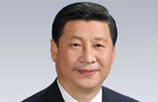
|

|

|
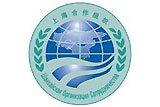
|

|
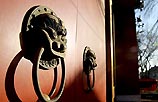
|
Today's Top News
China OKs modified corn imports
California city fights 'birth tourism'
Build, not break, a bridge for people
Chinese city shops for talent in Houston
Cleaner coal goal in deal by Houston firm
China, US get things done at trade talks
China niche for California design firm
NYC schools can mark Lunar New Year
US Weekly

|

|



